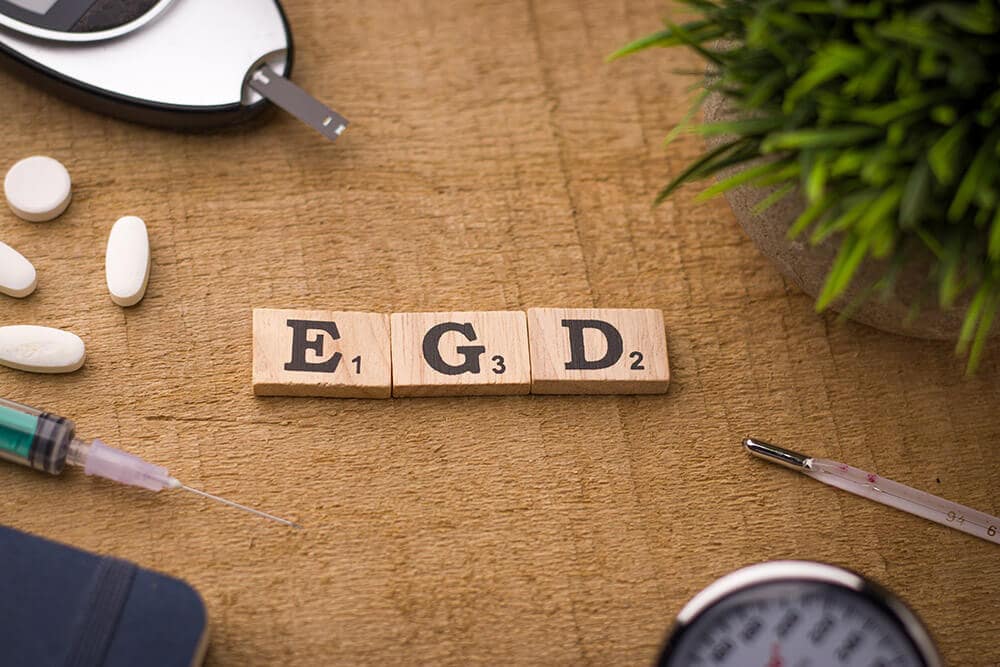What Are Esophageal Strictures?
An esophageal stricture is a narrowing of the food pipe (esophagus) that makes it harder for food and liquids to pass from your mouth to your stomach. This tight spot can cause discomfort, blockages, and difficulty swallowing (dysphagia).
Common Causes and Risk Factors
- Chronic acid reflux (GERD), leading to peptic strictures
- Radiation therapy to the chest
- Ingestion of caustic or harsh chemicals
- Eosinophilic esophagitis (allergic swelling)
- Previous esophageal surgery or injury
- Barrett's esophagus
- Age over 50 with long-term heartburn
Signs and Symptoms
- Difficulty swallowing solids (dysphagia)
- Sensation of food 'sticking' in the throat or chest
- Chest pain or ongoing heartburn
- Regurgitation of undigested food
- Unintentional weight loss
How Dr. Rishi Diagnoses Esophageal Strictures?
Dr. Chadha uses a step-by-step approach:
Medical History and Exam
He reviews your swallowing difficulties, reflux history, and other risk factors.
Upper Endoscopy
A flexible scope is used to directly visualize the esophagus and locate any strictures.
Barium Swallow X-Ray
You drink a contrast solution so X-rays can highlight areas of narrowing or motility issues.
Biopsy (if needed)
Small tissue samples are taken during endoscopy to rule out cancer or eosinophilic esophagitis.
Frequently Asked Questions
What are esophageal strictures?
They're narrow areas in the food pipe that make swallowing difficult.
How common are they?
They affect about 10% of people with long-term acid reflux (GERD).
What causes esophageal strictures?
Most result from chronic acid reflux. Other causes include radiation, corrosive chemical injury, surgery, or allergic inflammation.
What types of strictures are there?
Peptic (from acid damage), corrosive (from chemicals), and eosinophilic or allergic strictures.
How does Dr. Chadha diagnose them?
He uses upper endoscopy to visualize the narrowing, may order a barium swallow X-ray, and takes a biopsy if cancer needs to be ruled out.
Can diet changes help?
Yes. Eating small, soft meals slowly with extra moisture can ease swallowing.
Is esophageal dilation painful?
There can be mild discomfort, but sedation and gentle techniques keep you relaxed.
How long does treatment take?
Many patients feel relief after just one or two dilation sessions.
Will I need repeat treatments?
Some people require follow-up dilations or maintenance therapy to keep the esophagus open.
Does insurance cover diagnosis and treatment?
Most Houston plans cover both. Our office staff will help verify your benefits and guide you through the process.











